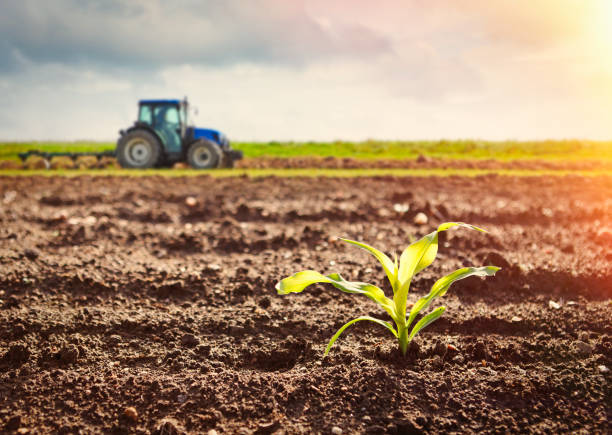In the pursuit of sustainable agriculture and environmentally conscious practices, the significance of organic soil has emerged as a pivotal element. As we delve deeper into cultivating healthier ecosystems and enhancing crop yields, understanding the nuances and benefits of organic soil becomes increasingly imperative. Let’s explore how organic soil, brimming with life and natural richness, is revolutionizing the way we nurture our lands.

The Essence of Organic Soil
At the heart of sustainable farming lies the essence of organic soil. Unlike its conventional counterparts, organic soil embraces a holistic approach to nurturing the earth. Composed of natural elements, such as decomposed organic matter, beneficial microorganisms, and a balanced nutrient profile, organic soil creates an optimal environment for plant growth.
The Science Behind Organic Soil
Diving into the science, the synergy between organic matter and microorganisms in organic soil fosters a symbiotic relationship. Organic matter acts as a nutrient powerhouse, sustaining microbial life that, in turn, enhances soil structure and nutrient availability. This harmonious balance facilitates better water retention, aeration, and overall soil health.
Cultivating Sustainability through Organic Soil
The significance of organic soil transcends mere agricultural benefits. It plays a pivotal role in the larger canvas of environmental sustainability. By eschewing synthetic fertilizers and pesticides, organic soil practices mitigate harmful runoff, soil degradation, and contribute positively to biodiversity conservation.
Conclusion: Paving the Way Forward
In conclusion, the cultivation and promotion of organic soil heralds a new era in sustainable agriculture. Its multifaceted advantages, from fostering healthy plant growth to preserving ecological balance, underscore its indispensable role in our quest for a greener future. Embracing the richness of organic soil isn’t merely a choice; it’s a responsibility towards fostering a harmonious relationship with nature while ensuring the prosperity of generations to come.
